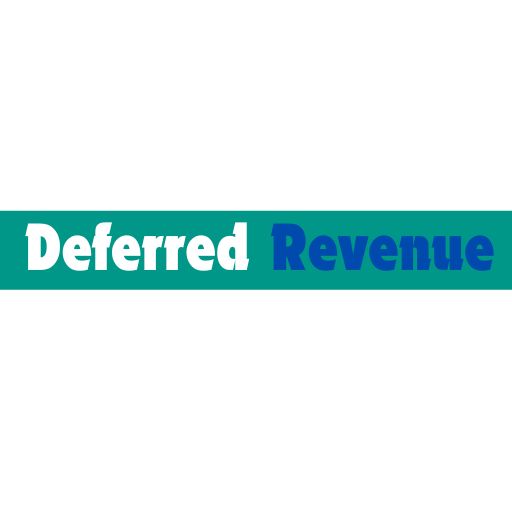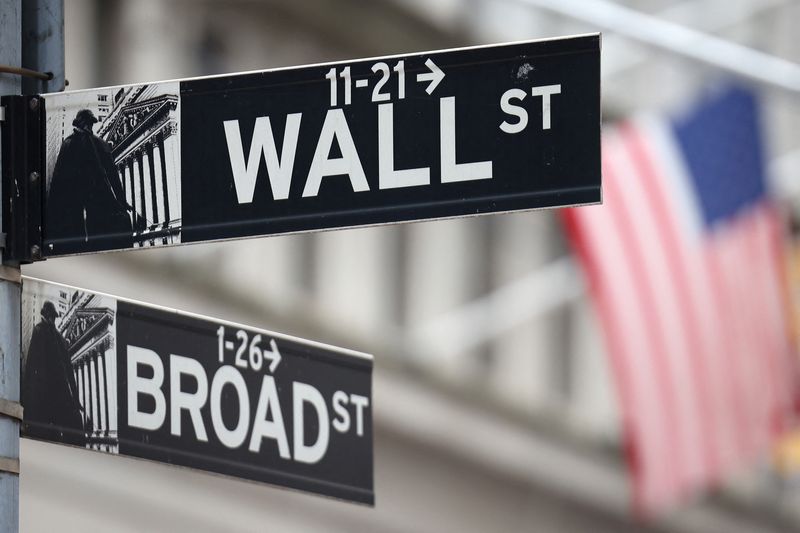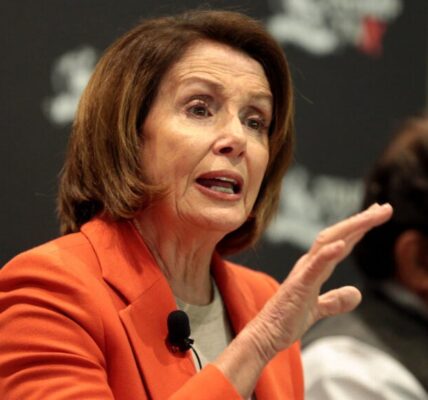Hedge funds ended 2024 with December gains, navigating geopolitical risks, inflation, and surging cryptocurrency prices, as investors positioned for M&A activity and policy shifts under the incoming US administration.
Hedge fund launches rose while liquidations dropped heading into Q4 2024, according to hedge fund research firm HFR, reflecting strong investor demand amid risks. Q3 saw 118 new funds, up from 111 in Q2, while liquidations fell to 82, the lowest since 2006, according to HFR data. Total industry capital reached a record $4.46 trillion, with 375 launches in the first three quarters of 2024 outpacing the same period last year.
The HFRI Asset Weighted Composite Index rose 0.8% in December, while the HFRI Fund Weighted Composite Index fell 0.2%. Macro and relative value arbitrage strategies led gains, while equity hedge and event-driven strategies declined, softening strong annual performances following November’s peak monthly returns.
The HFR Cryptocurrency Index dipped 2.4% in December after soaring 35.7% in November, driven by optimism around cryptocurrency under the incoming Trump administration. According to HFR, despite the volatility, the index closed the year with a 59.8% gain. The newly launched HFRI Multi-Manager/Pod Shop Index remained flat in December, edging up just 0.01% as managers adjusted to a pullback from November’s election-related gains.
Multi-manager funds continued aligning their strategies with anticipated policy shifts across sectors like energy, imports, technology, and financials under the new administration, according to HFR.
Uncorrelated Macro strategies led December’s performance as equities and bonds fell amid expectations of fewer Federal Reserve rate cuts in 2025.
Fixed income-based, “interest rate-sensitive strategies” delivered gains in December despite rising bond yields. The HFRI Relative Value (Total) Index rose 0.2% in December, achieving its 14th consecutive monthly gain and 27th in 30 months. The top performers were the HFRI RV: Asset Backed Index, up 0.55%, and the HFRI RV: Volatility Index, which gained 0.49%. For 2024, the HFRI RV: Yield Alternatives Index led Relative Value sub-strategies with an 11.3% return.
Equity hedge (EH) funds, which trade both long and short across specialised sub-strategies, trimmed their industry-leading gains in December but outperformed broader equity market declines. The HFRI Equity Hedge (Total) Index dropped 0.7% in December, finishing 2024 with a 12.3% return, the highest among main strategy indices. December’s performance was driven by the HFRI EH: Technology Index, up 2.7%, and the HFRI EH: Equity Market Neutral Index, which rose 0.5%. For the year, the HFRI EH: Technology Index led sub-strategies with a standout 19.6% gain.
Event-driven (ED) strategies, which focus on undervalued equities and M&A speculation, declined in December despite strong expectations for M&A activity in 2025. The HFRI Event-Driven (Total) Index fell 1.3% in December, bringing its annual gain to 8.7%. Declines were led by the HFRI ED: Activist Index, down 4.6%, and the HFRI ED: Special Situations Index, which dropped 1.5%. For 2024, the HFRI ED: Multi-Strategy Index topped sub-strategies with a 12.6% gain.
Hedge fund risk management and regulation concerns rise
Liquid Alternative Ucits strategies recorded modest December gains, with the HFRX Absolute Return Index up 0.08% and the HFRX Global Hedge Fund Index rising 0.01%. The HFRX Event Driven Index led December’s performance with a 0.48% gain, while for 2024, the HFRX Equity Hedge Index delivered the strongest return at 7.83%. Industry-wide fees declined slightly in Q4 2024, with average management fees falling to 1.34% and incentive fees dropping to 15.92%.
“Hedge fund performance was led by uncorrelated Macro & fixed income-based Relative Value Arbitrage strategies, underscoring the defensive outperformance of equity market declines and the benefits of strategy diversification,” stated Kenneth J. Heinz, president of HFR.
“New fund launches increased while liquidations experienced a steep drop entering 4Q24, as record industry capital positioned for significant policy changes regarding trade, tariffs, regulatory oversight, and immigration. Institutions are likely to increase allocations to hedge funds which have demonstrated their strategy’s robustness through the volatile 2024 and which are tactically positioned for the diverse and unpredictable impacts of rapidly evolving policy changes in 2025,” added Heinz.





